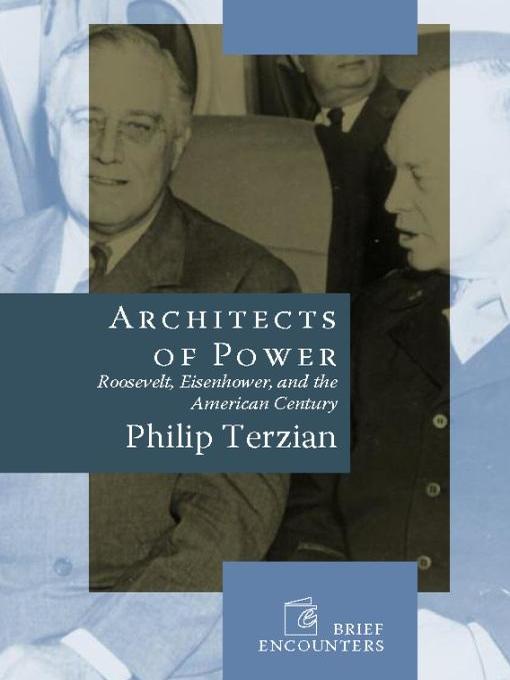- Available now
- Catch Up With a Classic
- New eBook additions
- New kids additions
- New teen additions
- Most popular
- Try something different
- See all
- Available now
- New audiobook additions
- New kids additions
- New teen additions
- A Quick Listen
- Most popular
- Try something different
- Audiobooks for the Whole Family
- Nifty Narrators
- See all


